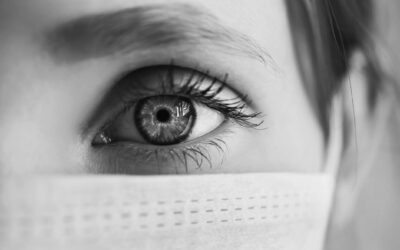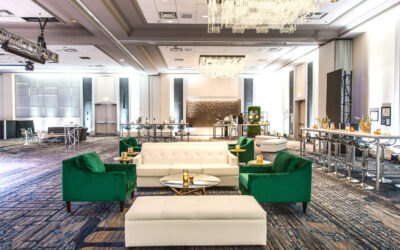Meeting Planners and Corporate event planners will find this one of value. If you manage congresses and conventions for clients, read this > Pfizer requires docs to swipe ID for coffee as new gift limits take effect.
By Deena Beasley – updated 3:08 p.m. ET, Mon., June 7, 2010
CHICAGO – New limits on free gifts to doctors have hit the ubiquitous free lattes and coffee seen at major medical meetings like the one here of the American Society of Clinical Oncology.
The conference exhibit floor still features massive information booths from cancer drugmakers like Roche Holding AG , Bristol-Myers Squibb Co and Amgen Inc — though the days of shopping bags laden with pricey goodies are long gone.
Many drugmakers still offer coffee or candy with no strings attached; but Pfizer Inc requires doctors to swipe their registration cards and warns that physicians from Minnesota and Vermont are prohibited from imbibing.
“This is getting to the point of absurdity … Is this the way we are going to solve the issue of healthcare in this country?” said Len Lichtenfeld, deputy chief medical officer at the American Cancer Society.
Pfizer, which agreed last year to a $2.3 billion fine in a drug marketing case, also warns in a sign in front of the coffee machine that it may provide the names of coffee-drinking doctors to regulators. In March, Pfizer disclosed that it had paid $35 million to some 4,500 doctors and researchers for the last six months of 2009 for such services as speaking fees and work on clinical trials.
Officials at the company were not immediately available for comment on their coffee policy.
A couple of years ago, the exhibit floor would have been clogged with doctors picking up personalized pens, novelty toys, or framed photographs with people dressed up as major body organs.
But as healthcare costs rise, concern has grown about undisclosed financial ties between doctors and drugmakers.
Early last year, many companies said they would stop giving out small gifts such as pens and flash drives as part of new voluntary guidelines from the Pharmaceutical Research and Manufacturers of America.
The trade group had banned in 2002 more costly gifts like trips to resorts, and called for companies that pay for medical education at conferences to leave the content to outside experts.
Exhibit booths at ASCO also have to strictly separate medical information given out to international doctors compared with their U.S.-based peers, under guidelines set by the U.S. Food and Drug Administration. Sometimes, this can also mean coffee only for doctors with foreign ID badges.
“I’m policing,” said a woman manning a podium in front of one international drugmaker’s espresso machine.
She was not authorized to speak on the record, but said the FDA is very serious about testing that its regulations are upheld.
“We had FDA people trying to sneak in yesterday. I had to stop them,” the exhibit monitor said.


